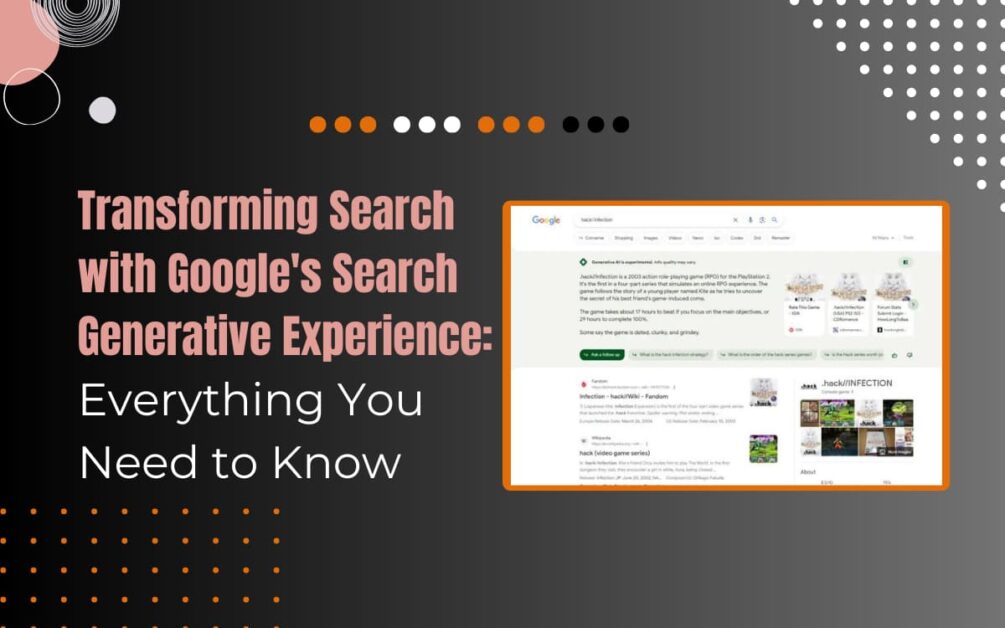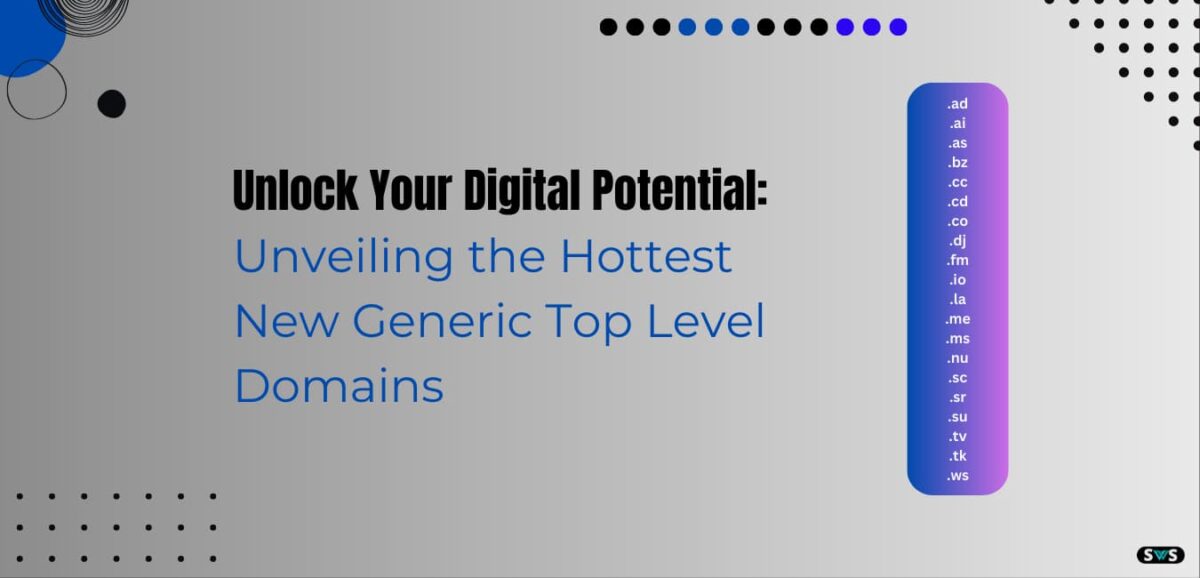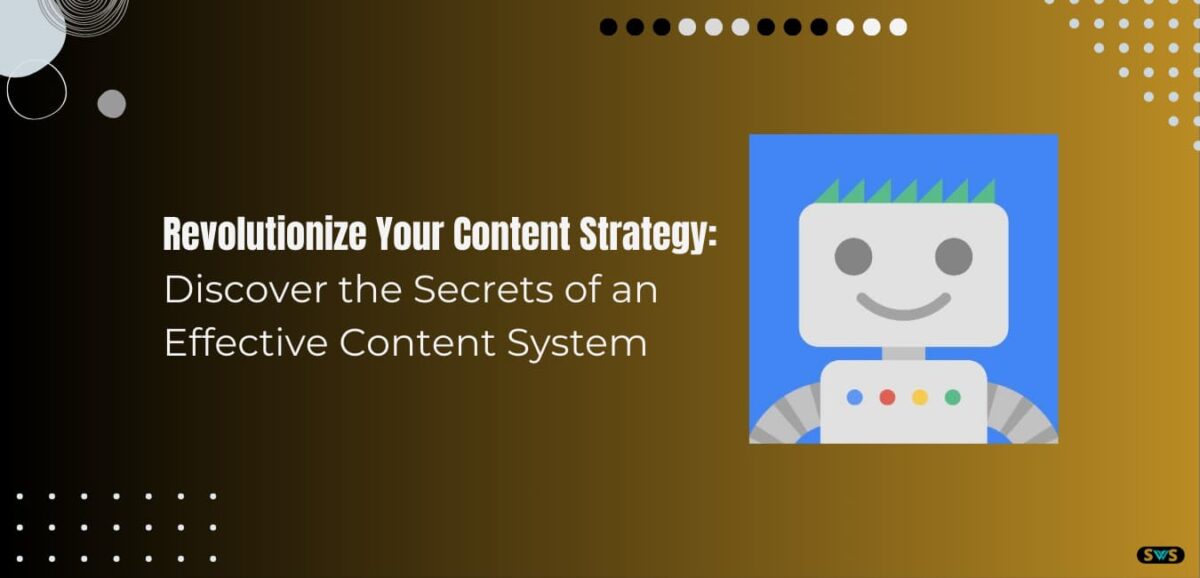Reading Time: 3 mins 49 sec
In this article, we will discuss how generative AI is revolutionizing SEO.
As the frequency of generative AI increases, questions about its influence on SEO have emerged.
There are two main concerns:
1) The potential threats of generative AI to Google’s search marketing revenue, and
2) How SEO practitioners can harness the benefits of this technology.
Recently, these questions have been assembled due to the debut of AI-integrated search engine results pages (SERPs) like Google’s Search Generative Experience and the new Bing.
These developments have significant implications for search engines’ business models and the workflows of search marketers.
To address these uncertainties, let’s explore some frequently asked questions and provide insightful answers.
So let’s get started
Read This: How Is Ga4 Different From Universal Analytics
How Generative AI is revolutionizing SEO?
How Can SEO Practitioners Utilize Generative AI to Automate Workflows?
Many SEO practitioners have already started using ChatGPT, an AI model, to automate various technical SEO tasks.
These include generating schema markups, issuing robots.txt directives, producing redirect codes, producing title tags, and helping with link building.
It is highly recommended that all SEO practitioners, whether working in-house or at agencies, consider implementing automation for such crucial but often boring tasks.
By utilizing generative AI, these time-consuming activities can be completed rapidly, addressing one of the relevant bottlenecks in SEO—organizations’ limited cross-functional resources and insufficient buy-in to fulfill technical SEO requirements manually.
Commissioned technical SEO tasks to generative AI tools allow marketers to save time and energy, enabling them to focus on strategic and creative initiatives beyond the mere implementation of best practices.
For example, instead of spending valuable time on creating alt text for image files, marketers can embrace overall search marketing, an approach that integrates paid and organic search to maximize their SERP presence.
This overall strategy is crucial in light of the increasing frequency of zero-click searches and interactive natural language processing on visually rich SERPs, which enhance the privacy between paid, organic, and local searches.
Read This: Search Engine Results Page Meaning (SERP)
Adapting SEO Measurement to AI-Integrated SERPs
Adapting SEO measurement practices to AI-integrated SERPs requires a shift in focus to hold the growing influence of conversational search facilitated by generative AI models like ChatGPT and Bard.
Consequently, traditional metrics such as ranking and click-through rate become less important, giving way to models that focus on content quality.
Since these AI models are designed to understand natural language patterns, the quality of your content depends on its human-like attributes.
Ironically, the more closely your content’s syntax and sentiment feel to human speech, the more comprehensible it becomes to AI chatbots.
While creating understandable content benefits both consumers and AI, it offers challenges in terms of attribution.
As consumer interactions with search engines become increasingly complex and multimodal—encompassing videos, local listings, shopping results, and more—it becomes difficult to credit audience responses to a single source of information.
To overcome this hurdle, SEO practitioners must reduce their dependency on outdated metrics like average position or search volume.
Instead, they should provide AI models with a diverse range of content types, including textual copy, images, and videos.
Moreover, they should work to secure inclusion in AI-powered snippets that appear relevantly on the SERP, signaling the relative quality of their content.
As AI-powered snippets continue to prove their value on Google’s SERP, the company’s unparalleled capability, ending from its comprehensive index of the internet, to authenticate sources of information will sustain its search engine’s utility and market dominance.
Read This: How To Write A Meta Description For A Website
Conclusion
In this article, we will above discuss how generative AI is revolutionizing SEO.
Generative AI has brought about significant transformations in the field of SEO.
By embracing automation and using generative AI tools, SEO practitioners can manage their workflows and gain more time for strategic initiatives.
Additionally, adapting SEO measurement practices to hold AI-integrated SERPs is crucial for staying relevant and effectively optimizing content.
As the digital landscape evolves, SEO practitioners must embrace the potential of generative AI to unlock new opportunities for success in the ever-competitive world of search marketing.
If you like this article please share and comment.
Read Also
- Top 65 Technical SEO Interview Questions And Answers
- Does Bold Text Help SEO
- How To Create The Perfect H1 Tag For SEO
- Google Announces Five Changes Coming To Mobile Search
- Benefits Of Using Semrush
FAQ
What does generative AI mean for SEO?
For online growth, generative AI in SEO is a strategic advantage. When you have a Generative AI strategy in place, you should concentrate on your data infrastructure and the interaction patterns that enable you to develop small, highly specialized systems. An SEO task is to fill the gaps between LLMs and corporate business issues.
Can we use AI content for SEO?
AI is also a fantastic tool for data analysis, which is essential to creating a successful SEO plan. With the aid of AI-powered SEO tools, you can complete jobs more quickly and effectively, from assisting you in identifying popular themes to identifying content gaps. The two are a digital union made in heaven.
What are the prerequisites for generative AI?
Python, deep learning, machine learning, NLP, computer vision, and natural language processing are advised skills. You will see examples of the Generative AI Studio, which enables you to customize and prototype generative AI models, in this introduction to the tool.
What is generative AI and example?
A type of machine learning known as generative artificial intelligence, or generative artificial intelligence, may create content such as text, video, photographs, and other media. Examples of generative AI software include ChatGPT, DALL-E, and Bard, which generate text or graphics in response to user-provided prompts or dialog.
What are generative AI tools?
Generative AI tools create original, distinctive content in a variety of formats, such as text, music, photos, videos, and 3D models. These tools are based on AI models.
Will Google punish AI content?
Google is currently making it clear that they are not against AI-related content. Therefore, there is no penalty for AI content, to put it briefly.



